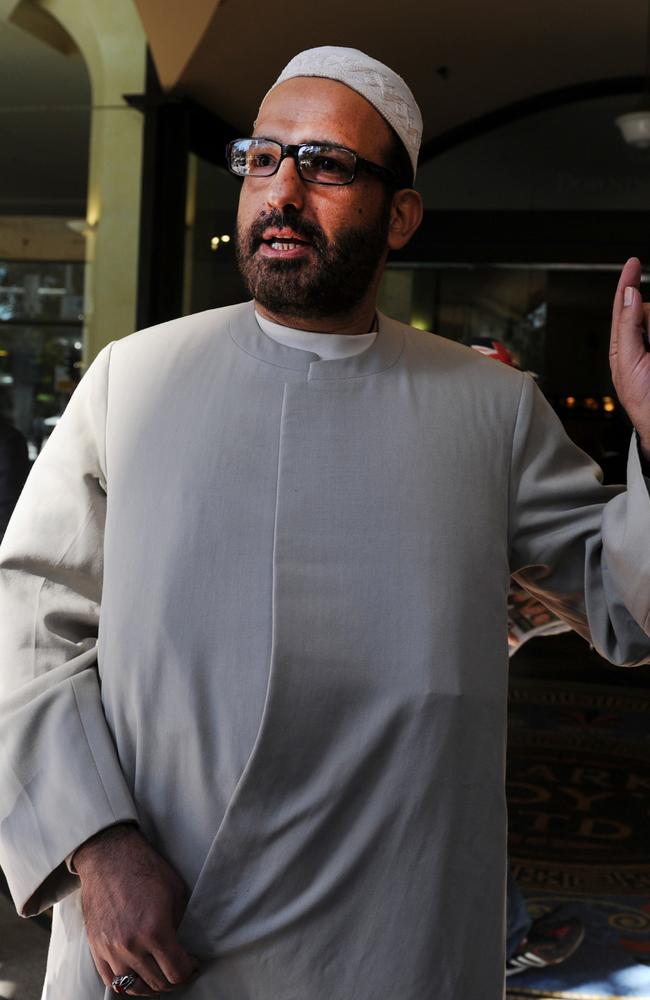Everything you wanted to know about Islamic extremism but were too afraid to ask
IS ISLAMIC extremism in fact based on Islam? We asked a leading expert on terrorism and religion and this is what he said.
Another day, another week and another deadly attack in the name of Allah.
The scourge of Islamic extremism continues to threaten both the West, as the epidemic of violence in Europe has shown, and of course other Muslims in the Middle East, as the horrific attacks in Kabul and Baghdad have once more proven.
And as usual the understandable anger and outrage has spilled over into condemnation of Islam as a whole and calls for restrictions on Muslim immigration.
But just how much of Islamic extremism is in fact based on Islam?
To answer this, news.com.au went to leading religious violence expert John Squires, who heads the Terror and Religion course at the University of NSW. We asked him the basic questions on many people’s lips right now.
This is his response.

What actually is Islam’s position on terrorism or the killing of non-believers?
Firstly, there are two major divisions within Islam (Sunni and Shi’a) and many smaller ones, all of which approach the question of jurisprudence differently.
What does the Qur’an say about it?
The question becomes one of interpretation. Islamist extremists tend to be literalists and follow variations of Salafism, interpreting passages in the Qur’an and Hadith (other holy texts) literally and fundamentally. Those at the extreme end of this approach are sometimes referred to as Salafi-jihadists or Wahhabi-jihadists. The vast majority of Muslims follow various schools of jurisprudence which employ varying degrees of metaphorical approaches, ranging from fundamentalist to liberal (much like most Christians or Jews do).

So does the Qur’an encourage killing for religious purposes?
If you start with the basics: “Does the Qur’an…”, the answer is yes, there are passages which if taken literally state those things, just as the bible does. However, the real question is: Do Muslim (or Christian or Jewish) scholars interpret them as literally true for today or not? You will get a variety of answers to that in these three religions, and many others. To be fair to Islam, you have to acknowledge that. Therefore, the answers to your questions are nuanced, in Islam or any other religion. In the course I teach we examine these sorts of questions in five (5) different religions over 12 weeks analysing examples of violence and the religious justifications for it in all of them.
Does the Qur’an condone terrorism?
Terrorism is a modern construct. It’s also a tactic, not a goal in itself. Killing for religious purposes, as you phrase it, is permissible under certain conditions in most religions (even Buddhism). Both Sunni and Shi’a Islam set out rules or guidelines based on the Qur’an for the permissible use of violence. They are readily available on the internet.

So where did Islamic extremism come from? Does it really have its foundations in Islamic law?
Islamist extremism is literal in its approach. There is a long history of jurisprudence behind it, tracing back at least to the 13th century. It was refined by various radical movements in the 19th and 20th centuries. It finds expression in most of the ideologies we associate with extreme acts of violence in the contemporary world. However, while it is part of the continuum of Islamic belief, you cannot say that it is part of mainstream majority jurisprudence.
Any final thoughts?
I’m sorry that this response may not help with your need for quick, easily digested answers. But there aren’t any.




